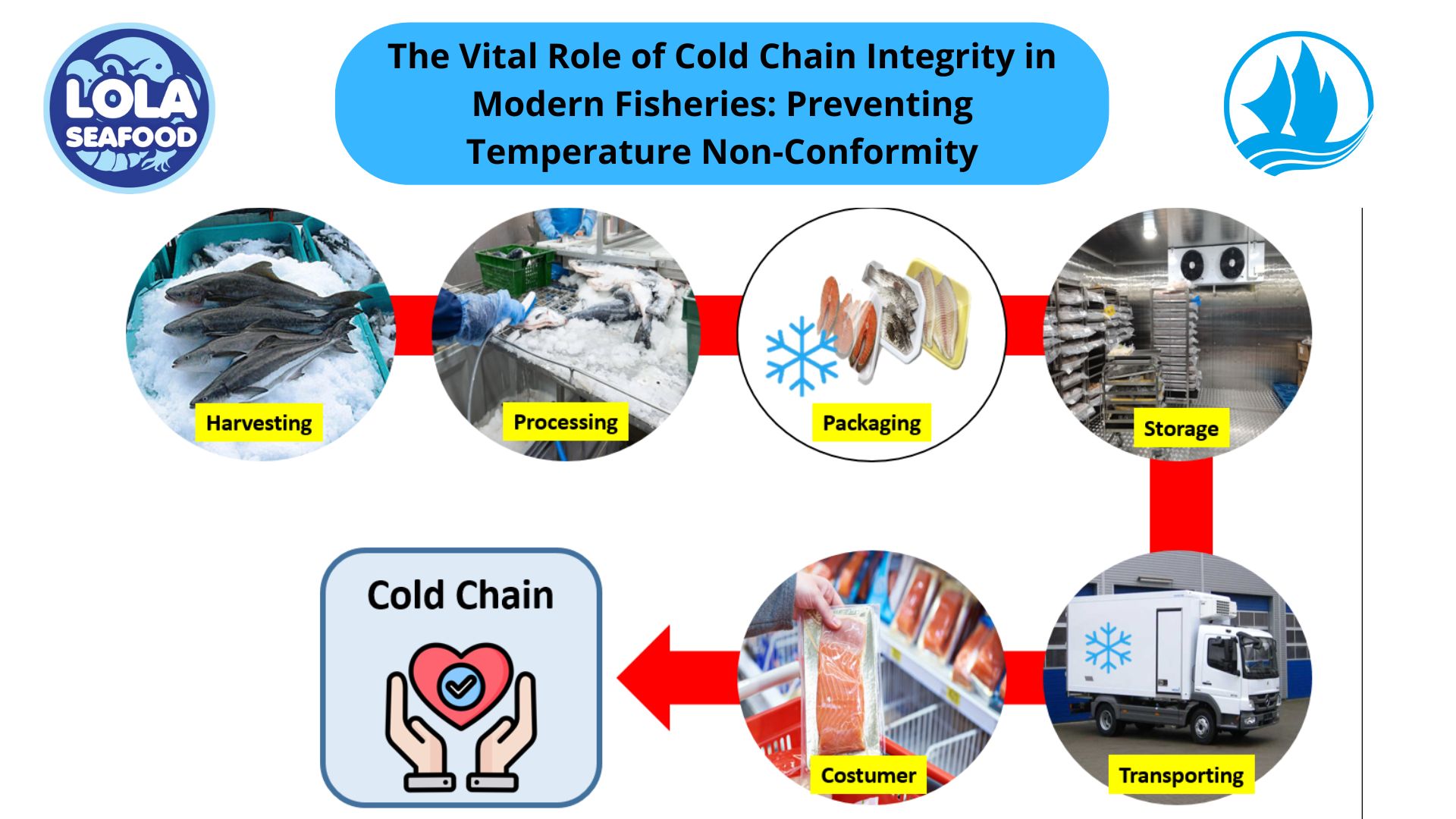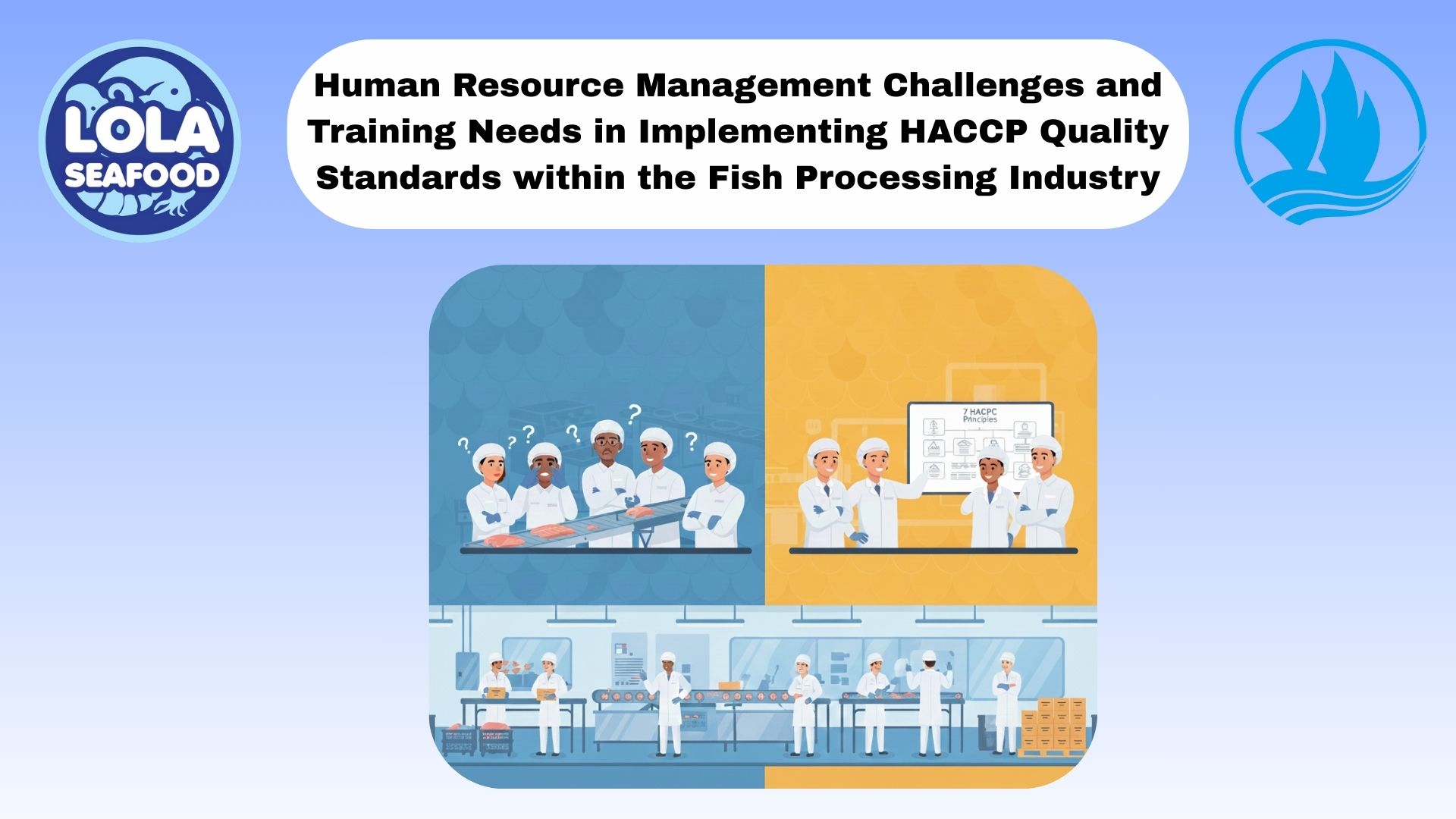Aspect and Importance of The Total Volatile Basic Nitrogen (TVB-N) Test
By. Najih - 02 Sep 2024.jpg)
Fish is one of the most easily perishable food because of its peculiar chemical composition; therefore, it is important to evaluate its freshness, both for commercial aspects, and from food safety and hygiene point of view. The protein degradative processes, occurring during fish perishing, produce an increase of typical substances, such as ammonia and volatile nitrogen compounds, and the concentrations of which are index of the deterioration status. The TVBN (Total Volatile Basic Nitrogen) is a method of analysis that quantifies the presence of nitrogenous compounds (ammonia and dimethyl and trimethyl amine) in fish from the sea or from river, revealing the degree of freshness.
Some specific seafood products that undergo TVB-N testing include:
- Fish (such as salmon, tuna, cod, haddock, mackerel, etc.)
- Shellfish (such as shrimp, crab, lobster, scallops, etc.)
- Molluscs (such as clams, oysters, mussels, etc.)
- Other seafood products (such as squid, octopus, fish fillets, fish steaks, etc.)
Importance of Total Volatile Basic Nitrogen testing
The Total Volatile Basic Nitrogen (TVB-N) test holds significant importance in the food industry, particularly in the assessment of seafood freshness and quality. Here are the key reasons highlighting the importance of TVB-N:
|
Aspect |
Importance |
|
Indicator of Freshness |
TVB-N measurement serves as an indicator of the freshness of seafood, especially fish. Higher TVB-N levels indicate advanced spoilage, while lower levels indicate freshness. |
|
Quality Assessment |
TVB-N testing helps assess the quality of seafood products and determine their suitability for consumption. It aids in making informed decisions about product acceptance, shelf life, and sensory attributes. |
|
Shelf-Life Determination |
TVB-N data helps estimate the remaining shelf life of seafood products. Monitoring TVB-N levels over time establishes correlations between the rate of TVB-N increase and product spoilage, enabling determination of freshness duration. |
|
Consumer Safety |
The TVB-N test ensures consumer safety by identifying excessive TVB-N levels, indicating the presence of potentially harmful amines in spoiled seafood. Controlling and monitoring TVB-N prevents consumption of unsafe products. |
|
Regulatory Compliance |
TVB-N is regulated by food safety authorities and incorporated into quality standards for seafood. Adhering to TVB-N regulations ensures seafood products meet freshness and quality standards, promoting food safety and regulatory compliance. |
.jpg)
The Impact of HACCP-Based Integrated Quality Management Programs on the Quality and Competitiveness of Fresh Demersal Fish Products
 and Employee Productivity on the Demersal Fish Processing Floor.jpg)

.jpg)




